Yes, menopause is an inevitable chapter in a woman’s life, that natural shift in a woman’s life that comes with some big changes. Now, in the middle of all this, there’s something not-so-fun: vasomotor symptoms. Think of sudden hot flashes and nights soaked in sweat – not exactly what you expected, right? But here’s the deal: we’re here to make things better. In this blog, we’re spilling the beans on treatment options that will help you find relief from these tricky vasomotor symptoms, and can actually help you feel better. So, read on to explore them!
Medications For Relief From Vasomotor Symptoms (VMS)
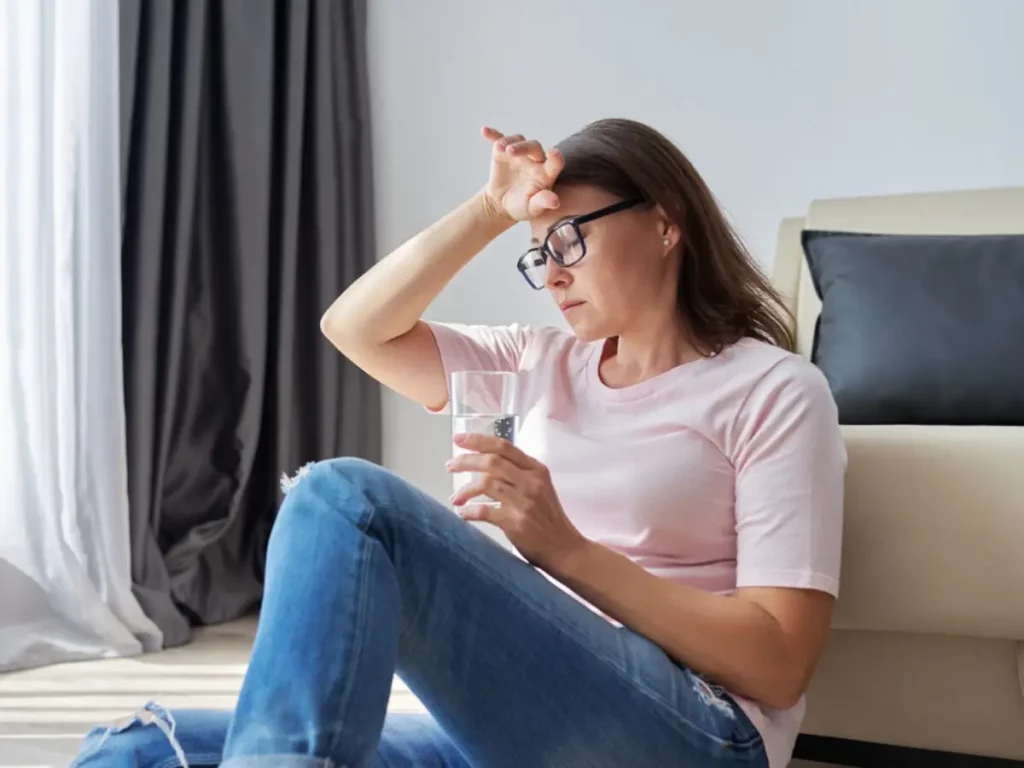
When it comes to finding relief from the disruptive symptoms of vasomotor symptoms (VMS), medications can play a pivotal role. Let’s delve into some prescription options that have shown promise in alleviating the discomfort associated with VMS.
Veozah (Fezolinetant): Targeting Hot Flashes
Veozah, also known as fezolinetant, stands out as an oral medication designed specifically for treating moderate to severe vasomotor symptoms, including hot flashes induced by menopause. This targeted approach aims to provide effective relief, allowing individuals to regain control over their daily lives.
Low-Dose Paroxetine (Brisdelle, Paxil)
For those seeking an alternative, a low-dose form of paroxetine, available under the brand names Brisdelle and Paxil, has demonstrated efficacy in managing vasomotor symptoms. This prescription option offers a tailored approach to symptom relief.
Diverse Options for Varied Needs
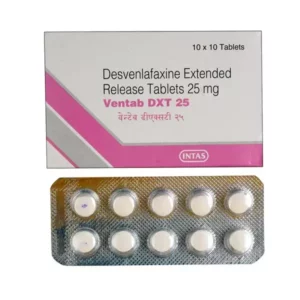 In addition to Veozah and low-dose paroxetine, several other medications have been prescribed to address vasomotor symptoms with varying degrees of success. It’s important to note that individual responses may vary, and consultation with a healthcare professional is crucial in determining the most suitable option. Some of these medications include:
In addition to Veozah and low-dose paroxetine, several other medications have been prescribed to address vasomotor symptoms with varying degrees of success. It’s important to note that individual responses may vary, and consultation with a healthcare professional is crucial in determining the most suitable option. Some of these medications include:
- Citalopram (Celexa): A selective serotonin reuptake inhibitor (SSRI) that has been explored for its potential in managing vasomotor symptoms.
- Desvenlafaxine (Pristiq): Another antidepressant, this medication has shown effectiveness in reducing the frequency and severity of hot flashes.
- Escitalopram (Lexapro): Similar to Citalopram, Escitalopram is an SSRI that may offer relief from vasomotor symptoms.
- Fluoxetine (Prozac): Widely known as an antidepressant, Fluoxetine has also been studied for its impact on reducing the occurrence of hot flashes.
Before taking any medication, it’s important to consult with a healthcare professional. They can evaluate individual health considerations, discuss potential side effects, and guide individuals toward the most suitable prescription based on their unique needs. Remember, your health is unique, and finding the right solution often involves personalized guidance from a qualified medical expert.
Herbal Treatment Options to Consider for Vasomotor Symptoms (VMS)
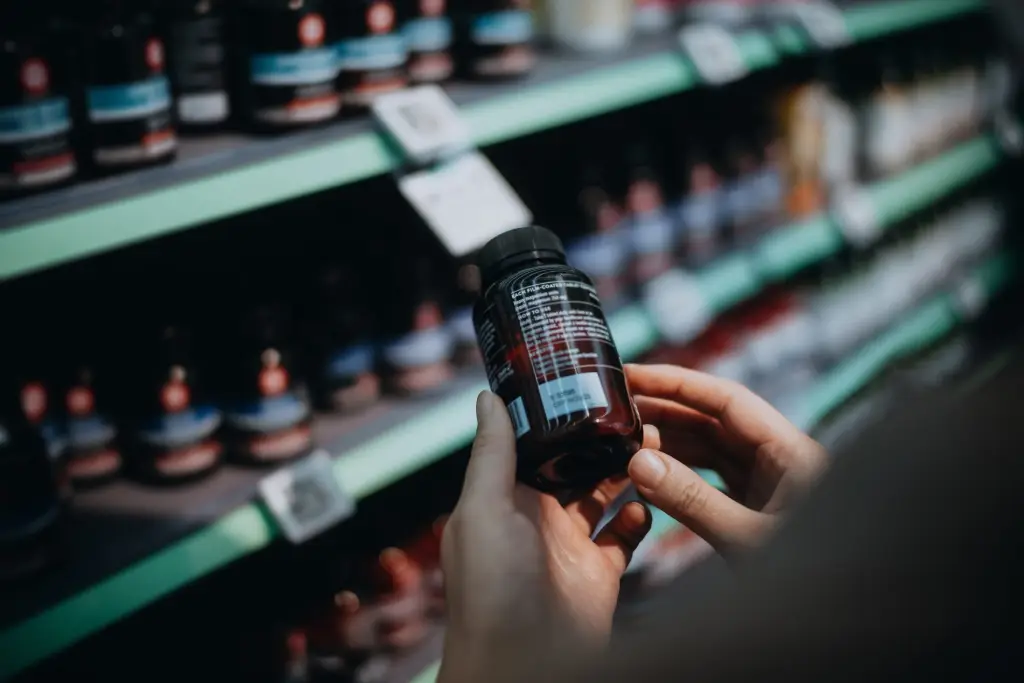
For those seeking a more natural approach to managing vasomotor symptoms (VMS) like hot flashes and night sweats, herbal treatments and over-the-counter remedies can offer a ray of relief. Let’s delve into some popular options that have gained attention for their potential efficacy.
- Black Cohosh has been recognized for its potential in alleviating menopausal symptoms, particularly hot flashes.
- Known as the “female ginseng,” Dong Quai has been traditionally used in Chinese medicine to address women’s health concerns, including menopausal symptoms.
- Evening Primrose Oil, rich in gamma-linolenic acid (GLA), is believed to have anti-inflammatory properties and has been explored for its potential in reducing hot flashes.
- With adaptogenic properties, Ginseng may help the body adapt to stress and is considered by some as a potential remedy for hot flashes during menopause.
- Progesterone cream is an over-the-counter option that aims to supplement declining hormone levels during menopause, potentially offering relief from vasomotor symptoms.
- Rich in plant estrogens, Soy has been studied for its potential to mitigate hot flashes and other menopausal symptoms.
- Vitamin E is an antioxidant that has been explored for its role in reducing the frequency and severity of hot flashes.
- Wild Yam contains diosgenin, a substance that the body can convert into a form of estrogen. It has been investigated for its potential in providing relief from menopausal symptoms.
While these herbal and over-the-counter remedies hold promise, it’s essential to approach them with caution. Many supplements claim to help with symptoms, but individual responses vary. Before diving into any herbal treatment regimen, it’s crucial to consult with your healthcare provider.
Some Alternative Treatment Options for Vasomotor Symptoms (VMS)
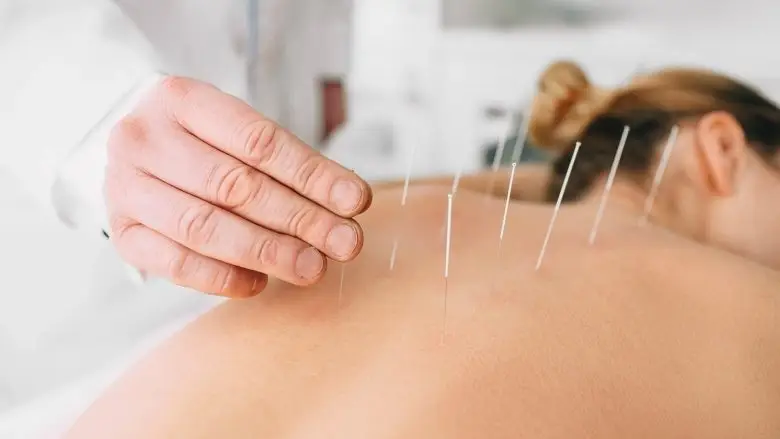
When it comes to managing hot flashes and night sweats, the journey isn’t limited to medications alone. Alternative treatment, rooted in holistic approaches, offers a different perspective on finding relief from vasomotor symptoms (VMS). Let’s explore some alternative options that have shown promise in addressing the challenges of hot flashes and night sweats.
Acupuncture
Acupuncture involves the insertion of thin needles into specific points on the body. Some studies suggest that this ancient Chinese practice may help alleviate vasomotor symptoms by promoting balance and harmony within the body.
Meditation and Relaxation Techniques
Embracing meditation and relaxation techniques can be a powerful ally in managing the emotional and physical aspects of vasomotor symptoms. Practices such as mindfulness meditation and deep-breathing exercises offer a calming influence, potentially reducing the intensity and frequency of hot flashes.
Therapy: Addressing the Mind-Body Connection
Therapeutic approaches, including counseling and cognitive-behavioral therapy (CBT), acknowledge the intricate mind-body connection. By addressing emotional responses and stress management, therapy can contribute to a more balanced experience of menopausal symptoms.
The effectiveness of alternative treatments varies from person to person. Some individuals find profound relief through practices like acupuncture, while others experience comfort through the soothing effects of meditation. Therapy, with its focus on the mind-body connection, may provide valuable insights into managing the psychological aspects of vasomotor symptoms.
Before embarking on any alternative treatment journey, it’s crucial to consult with healthcare professionals. They can provide guidance on the safety and potential benefits of these approaches, ensuring that your chosen path aligns with your overall health and well-being.
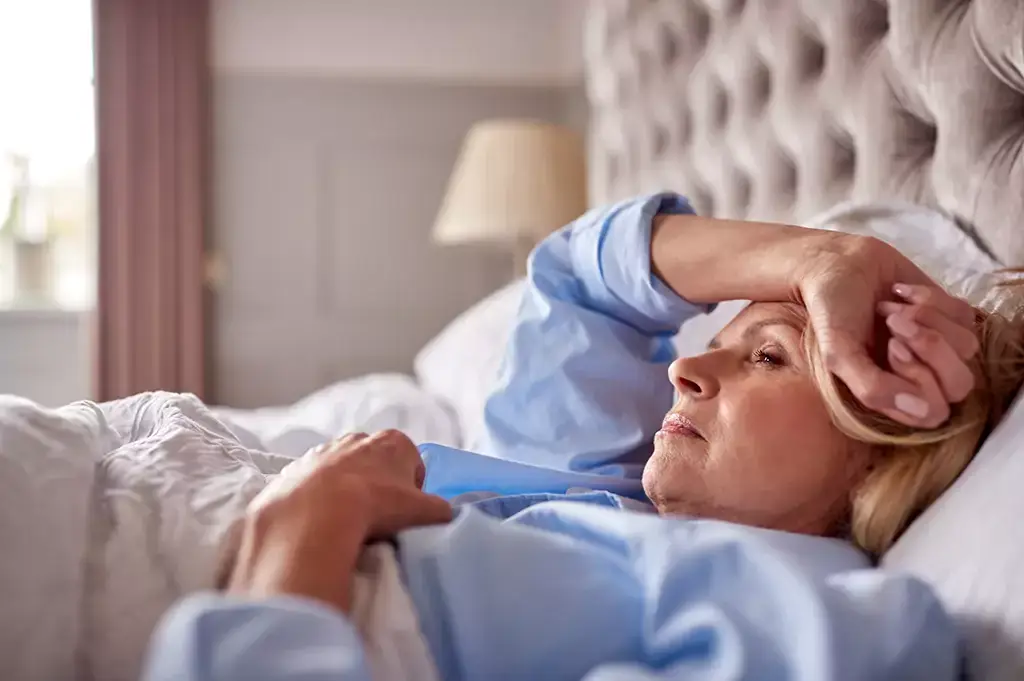

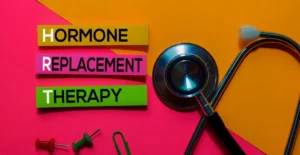
 When it comes to managing vasomotor symptoms (VMS), sometimes the most impactful solutions are found in everyday lifestyle changes. Here are some practical tweaks you can make to your daily routine for enhanced relief from hot flashes and night sweats.
When it comes to managing vasomotor symptoms (VMS), sometimes the most impactful solutions are found in everyday lifestyle changes. Here are some practical tweaks you can make to your daily routine for enhanced relief from hot flashes and night sweats.
